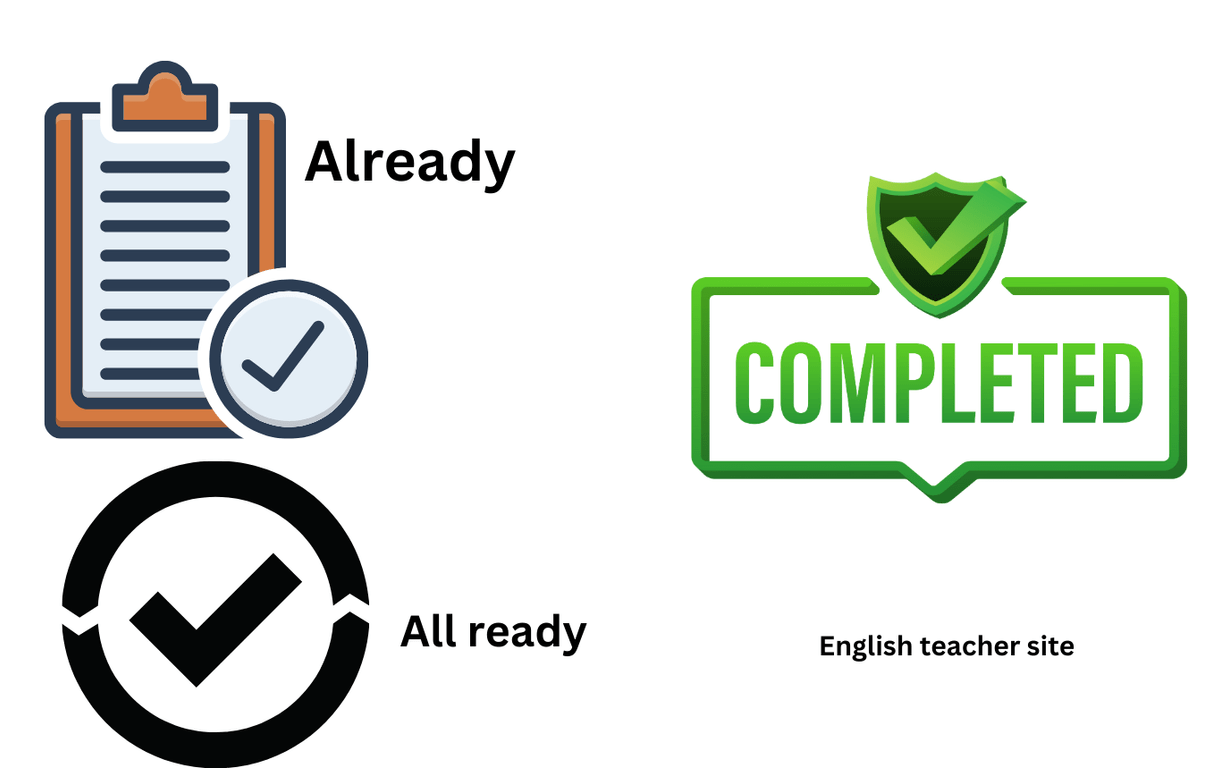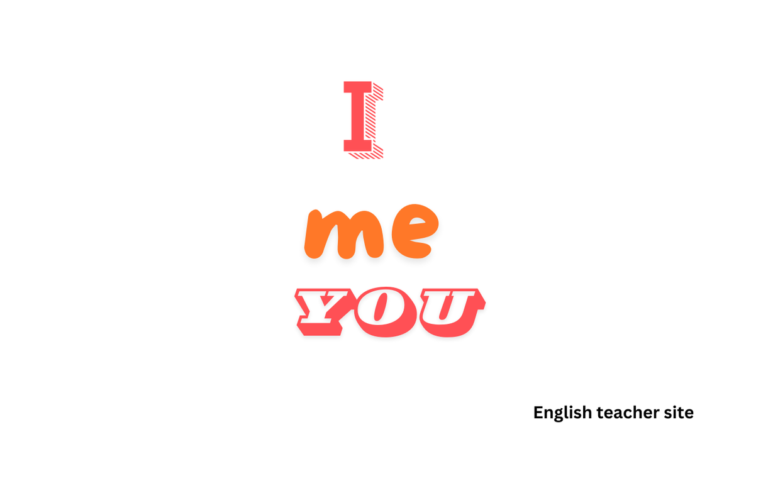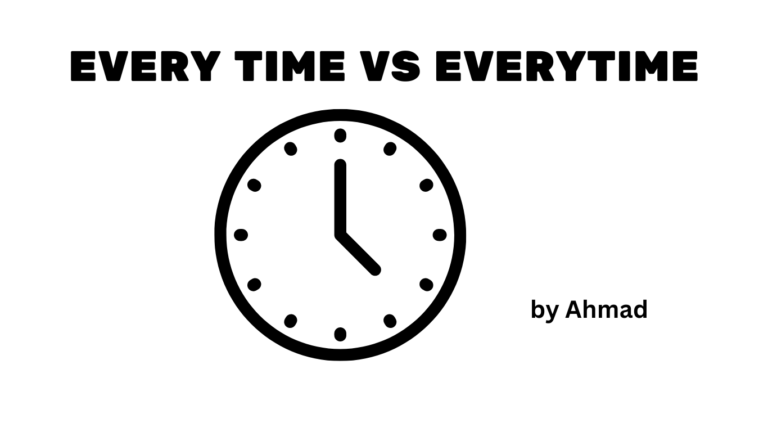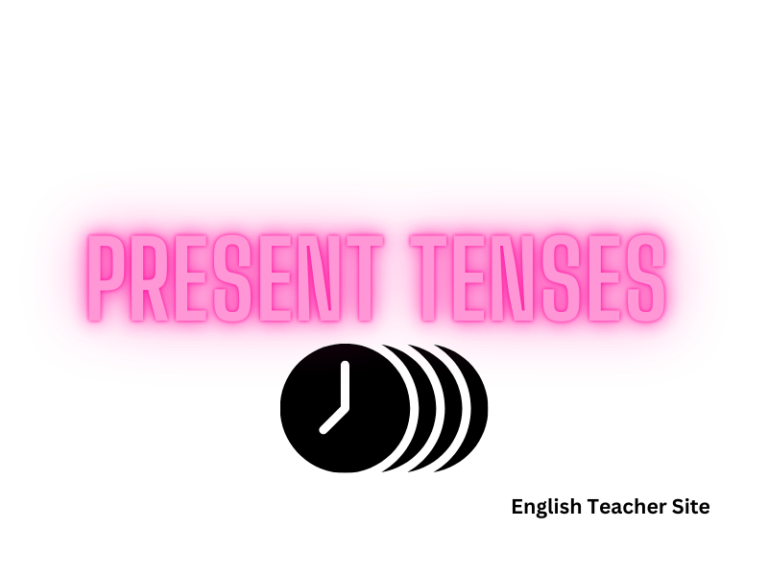Is It Already or All Ready: Understanding the Difference

- “Already” is an adverb implying something has happened sooner than expected.
- “All ready” means fully prepared and is a phrase.
- Distinguishing between “already” and “all ready” is critical for clear expression.
The proper use of “already” and “all ready” hinges on the context of the sentence. Clarity in writing and speaking can be maintained by recognizing that “already” often relates to time, indicating that an action or event has taken place earlier than anticipated. Meanwhile, “all ready” conveys a state of complete preparation, signifying that a person or group is fully equipped to undertake an action. Telling these apart is crucial for precise language used in both formal and informal settings. Spotting the difference can prevent misunderstandings and enhance the effectiveness of communication.
Understanding the Basics
The terms “already” and “all ready,” while they sound similar, have distinct meanings and uses. This section aims to clarify their definitions and grammatical roles in English.
Definitions of Key Terms
Already is an adverb indicating that something has occurred before a certain time or now. For example, “She had already left when you called” demonstrates that the action of leaving happened before the phone call.
In contrast, All Ready is a phrase composed of an adjective and a noun, which together denote a state of complete preparedness. When someone says, “We were all ready by 7 AM,” it means that by that time, they were fully prepared for what was to come.
Grammatical Differences
The key grammatical difference between “already” and “all ready” lies in their roles within a sentence:
- Already (Adverb): As an adverb, “already” modifies verbs, adjectives, or other adverbs. It expresses the timing of an action, often referring to something that has happened sooner than expected or prior to a specific point in time. Its placement within a sentence can vary; it can appear before the main verb or between the auxiliary and the main verb, as in “They have already started dinner.”
- All Ready (Adjective Phrase): This phrase is used to describe nouns, indicating a complete state of preparedness. It is followed by the noun it modifies. Compared to “already,” which can move position, “all ready” typically maintains a position in front of the noun it describes—for instance, “The students are all ready for the examination.”
Usage in Language
In English, “already” and “all ready” have distinct applications, with “already” often relating to time and “all ready” to state of preparation. Understanding the correct usage of each term is crucial for clear communication.
Proper Contexts and Constructions
“Already” is used to express that something has happened before now or before a specified time. It suggests that an action is completed prior to the time under discussion. In contrast, “all ready” denotes a state of complete readiness and is typically followed by a reference to an action or event that is about to occur.
Expressions of Time
With “already,” time is a central element. It refers to something that has occurred earlier than expected or before a point in time that has been discussed or is understood from context. For instance, “already” could imply that an action has taken place prior to a specified or implied time.
Examples of already in sentences:
- She had already finished her homework by the time her favorite show started.
- They were surprised to find that the meeting had already commenced when they arrived.
Examples of all ready in sentences:
- The team was all ready to present their project, standing by eagerly.
- We were all ready for the trip, with bags packed and passports in hand.
Synonyms of already:
- previously
- before
- by now
- earlier
- once
Synonyms of all ready:
- fully prepared
- set to go
- completely arranged
- all set
- completely prepared
Common Mistakes and Clarifications
In discussing “already” versus “all ready,” it is crucial to grasp the distinction to avoid common errors. Understanding the proper use of these terms enhances clarity in writing and speech.
Mnemonics and Tips
To distinguish between “already” and “all ready,” one can employ mnemonics. “Already” is an adverb conveying the meaning that something has happened by or before a specific time. A mnemonic to remember this is that “already” already has everything it needs within a single word to denote time. On the other hand, “all ready” indicates a state of complete preparation and involves a group or set of items. The phrase can be broken down into “all” (every part) is “ready” (prepared), which implies readiness in full scope.
Homophone Confusion
The confusion between “already” and “all ready” arises because they are homophones—words that sound the same but have different meanings and spellings. “Already” often expresses a sense of surprise or exasperation, as one might find in the exclamation, “Is it noon already?” Conversely, “all ready” implies a preparedness without any emotional undertone, for example: “The team is all ready for the game.” When writing, it is important to practice discerning the context to use the correct term. Remember that “all ready” will often precede a description of who or what is prepared, while “already” typically relates to time and can convey impatience or stand as a simple statement of fact.
Conclusion and Summary
Already refers to something that has occurred by a certain time or point in the past. It is often used to imply that an event or action is completed prior to the expected time.
In contrast, all ready is an adjective phrase used when everyone or everything is completely prepared. It is pertinent to note that “all” in this phrase emphasizes the inclusive nature of readiness, whether pertaining to people, objects, or situations.
The meanings of these words are distinct and should not be confused, as using them interchangeably can alter the intended message:
- Already: An adverb indicating prior occurrence.
- All ready: A phrase indicating complete preparedness.
Here is a succinct comparison:
| Already | All Ready |
|---|---|
| Indicates time | Indicates preparedness |
| Action/event is done | People/objects are prepared |
| Past-oriented | Current state |
In essence, already reveals that things have happened, while all ready highlights a state of being prepared for upcoming events or actions. Users of the English language must be vigilant to maintain this distinction to ensure clarity of communication.
Source
already adverb as in before expected time. Source
My name is Khamis Maiouf. I am the creator of the English Teacher Site, dedicated to providing valuable resources and insights for students around the world. With a passion for education and a commitment to helping students enhance their skills, I aim to make English teaching more effective and enjoyable for both educators and students.






